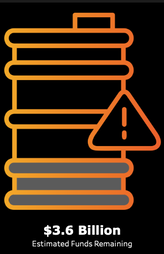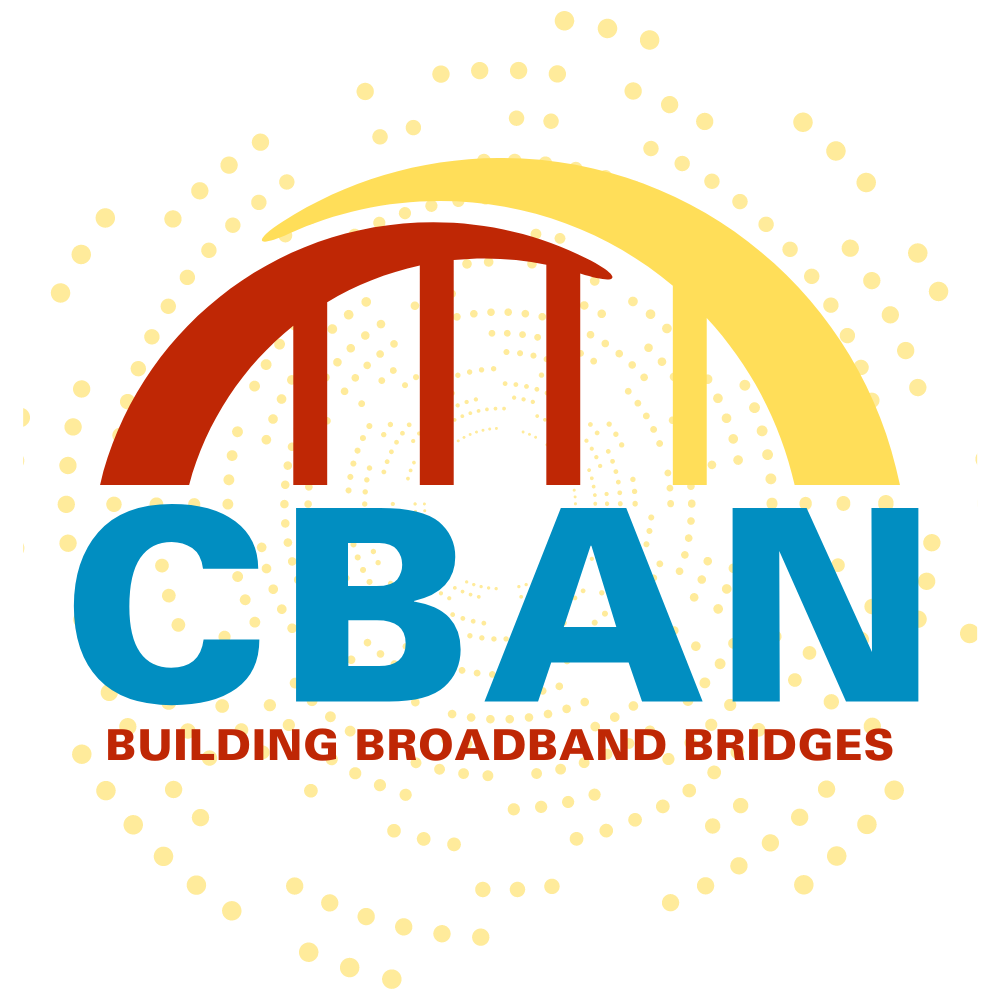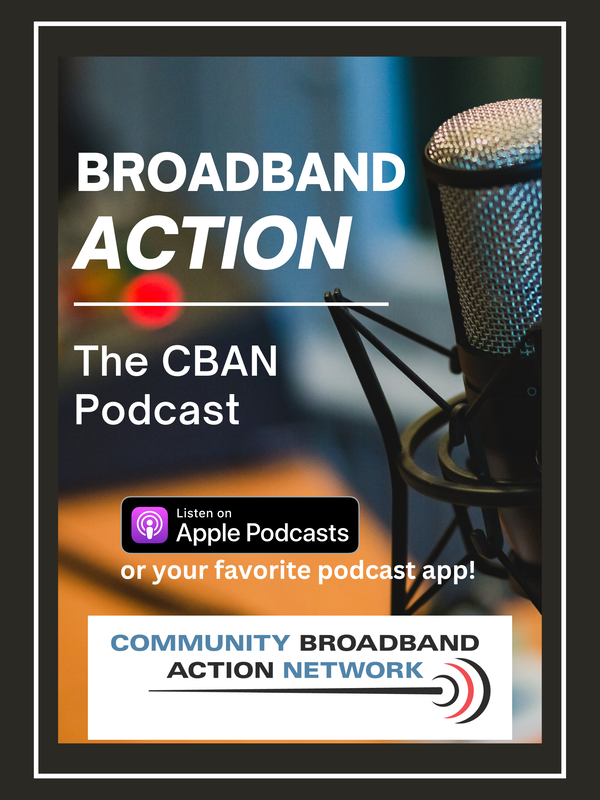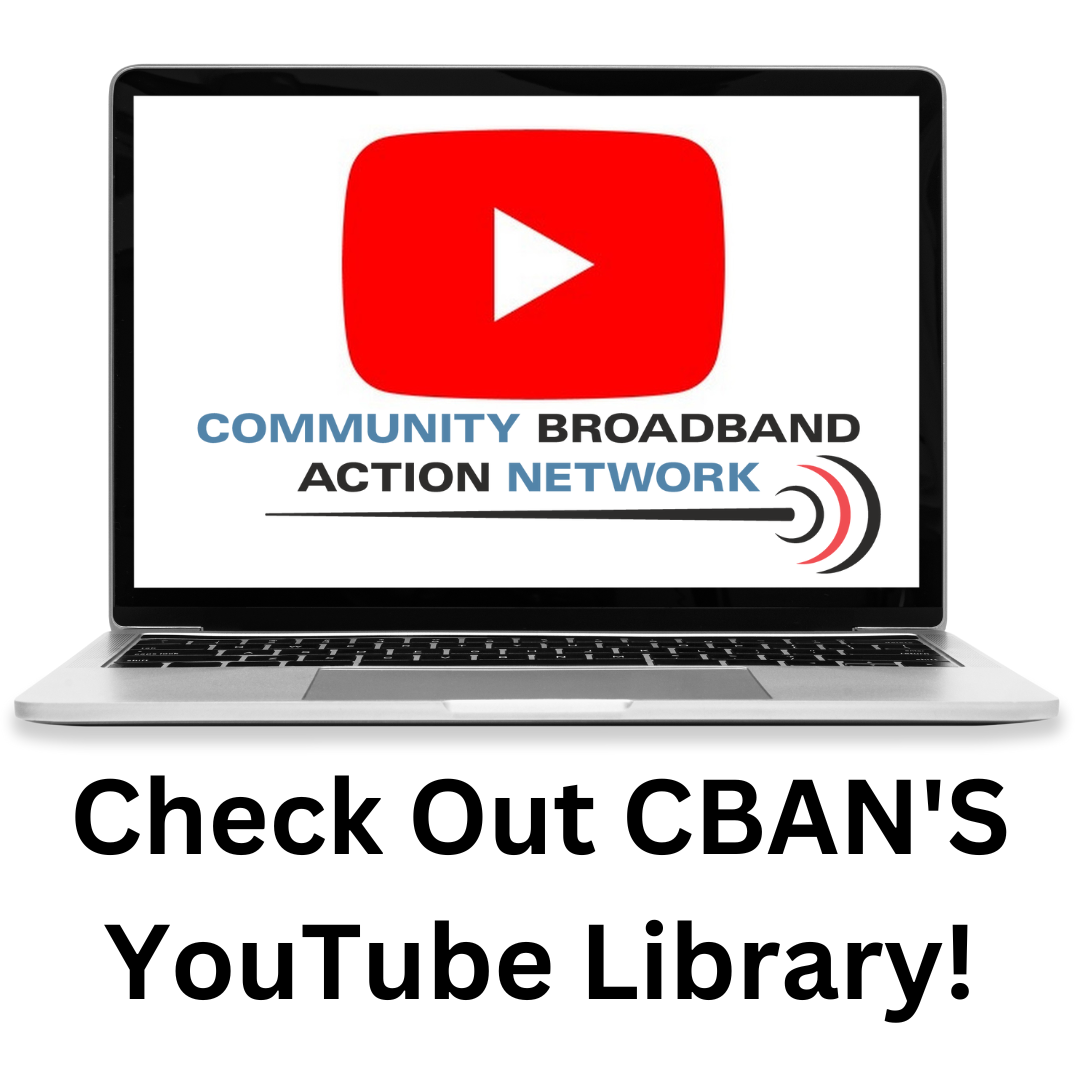 As this graphic on the ILSR's ACP Dashboard shows, the ACP tank is almost on E As this graphic on the ILSR's ACP Dashboard shows, the ACP tank is almost on E Unless Congress authorizes more funds for the Affordable Connectivity Fund (ACP), the program is expected to run out of money by late spring. According to the Institute for Local Self-Reliance's ACP Dashboard, 22 million households are currenlty enrolled in ACP, about 43% of eligible households nationwide. About $3.6 billion remains in the fund, which is spending $682 million each month. Assuming a similar "burn rate" in 2024, the funds will be exhausted in April or May of this year. At that time, those 22 million households will be faced with a tough choice - pony up an additional $30 per month ($75 in tribal areas) for internet, or go offline. As we enter the year, things look bleak for an ACP revival. Back in October 2023, President Joe Biden proposed to throw a lifeline to ACP, asking Congress for an additional $6 billion that would have, if approved, give the fund another few months of life. But there's been little action on that request, and other legislative attempts have so far not borne fruit. And even if Congress were to recharge the fund, a long term solution - not tied to the political whims of a divided Congress - is needed for its long-term sustainability. One idea that has been discussed for long-term funding is to reform the Universal Service Fund (USF) and start making large edge providers like Google and Facebook pay into the fund and use those additional revenues to move the ACP to the USF. Bipartisal legislation to reform USF has been introduced but has languished. Plus, the very existence of the USF is under attack in court, with lawsuits brought by a conservative public interest group threatening to rule the program illegal. For organizations like CBAN and hundreds of others who are working to get eligible households online by helping them enroll in the ACP, it puts us in a tough spot. Will people who've gotten online for the first time thanks to the ACP fall back into the digital divide? It seems likely unless something is done, and that will be a huge setback for our nation and its most at-risk residents.
0 Comments
Leave a Reply. |
Broadband Bytes NewsPresented by the Community Broadband Action Network and curated by Curtis Dean. Archives
July 2024
Categories
All
|




 RSS Feed
RSS Feed
